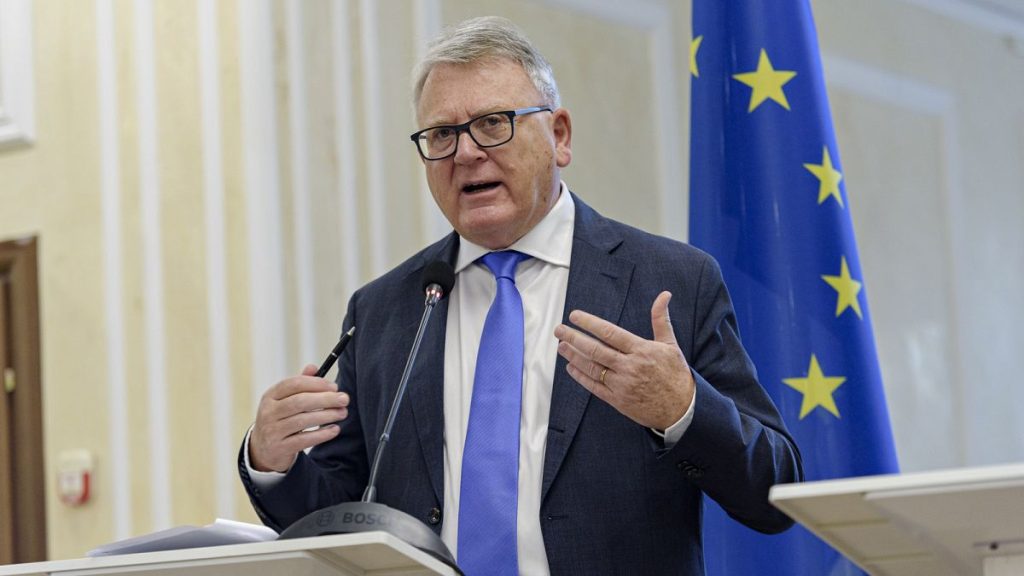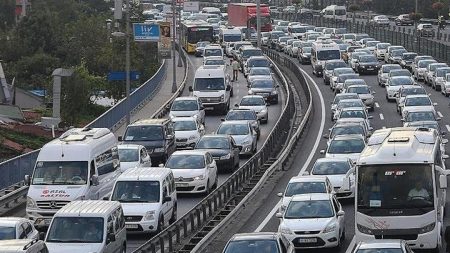Nicolas Schmit, the lead candidate of the European socialists for the June elections, has expressed hesitance towards the multi-million deals that Brussels has signed with neighbouring countries to decrease irregular migration. He believes that these deals still need to prove their efficiency, as there are concerns about how the money is being used by the governments receiving it. Schmit has openly called for a revision of these agreements due to issues in countries like Tunisia, Libya, and Egypt. He believes that more transparency is needed to ensure that the funds are being utilized appropriately.
Despite widespread support for these agreements, Schmit’s statements highlight concerns raised by humanitarian NGOs and migration scholars regarding the lack of transparency and reliance on autocratic governments in implementing these deals. Reports of human rights violations in countries like Tunisia and Egypt have further added to the criticism. The recent assistance package announced by Ursula von der Leyen for Lebanon has also raised questions about how the funds will be managed given the country’s political instability.
Schmit strongly opposes the “Rwanda model” established by the United Kingdom to fly migrants to countries like Rwanda for processing asylum claims. He believes that this model goes against the fundamental rights and dignity of refugees. The European People’s Party (EPP) has floated a similar project in its manifesto, which has raised concerns about potential violations of international law. Schmit’s stance against this model reflects his commitment to uphold human rights and dignity in the treatment of refugees.
As both Nicolas Schmit and Ursula von der Leyen campaign as Spitzenkandidaten of the PES and the EPP respectively, they find themselves in a unique position due to their opposing political affiliations. Von der Leyen’s overtures to the hard-right European Conservatives and Reformists group (ECR) have raised eyebrows, as the group is projected to gain significant representation after the elections. Socialists have warned that seeking votes from the ECR could result in losing their backing. Schmit has made it clear that there is no room for any arrangement with the extreme right, emphasizing the importance of standing strong against their influence in decision-making.
Schmit has criticized the EPP for making a distinction between the “decent” extreme right and the “pariah” extreme right, warning against the blurred line between the two and the potential consequences of engaging with the extreme right for votes. He points out the problematic views of parties like Vox, who are admirers of Franco and Mussolini, as well as the Law and Justice party that faced sanctions for threatening the rule of law in Poland. Schmit emphasizes that any concessions made to the extreme right would fundamentally alter the direction of European policy and must be avoided at all costs.
In his interview with Euronews, Schmit reaffirmed his stance against any deals or arrangements with the extreme right, expressing the need to uphold the values of human dignity and respect for fundamental rights in European decision-making. As the European elections approach, Schmit’s position on migration, human rights, and alliances with political groups underscores the broader debate surrounding the future direction of the European Union and the values it aims to uphold.















